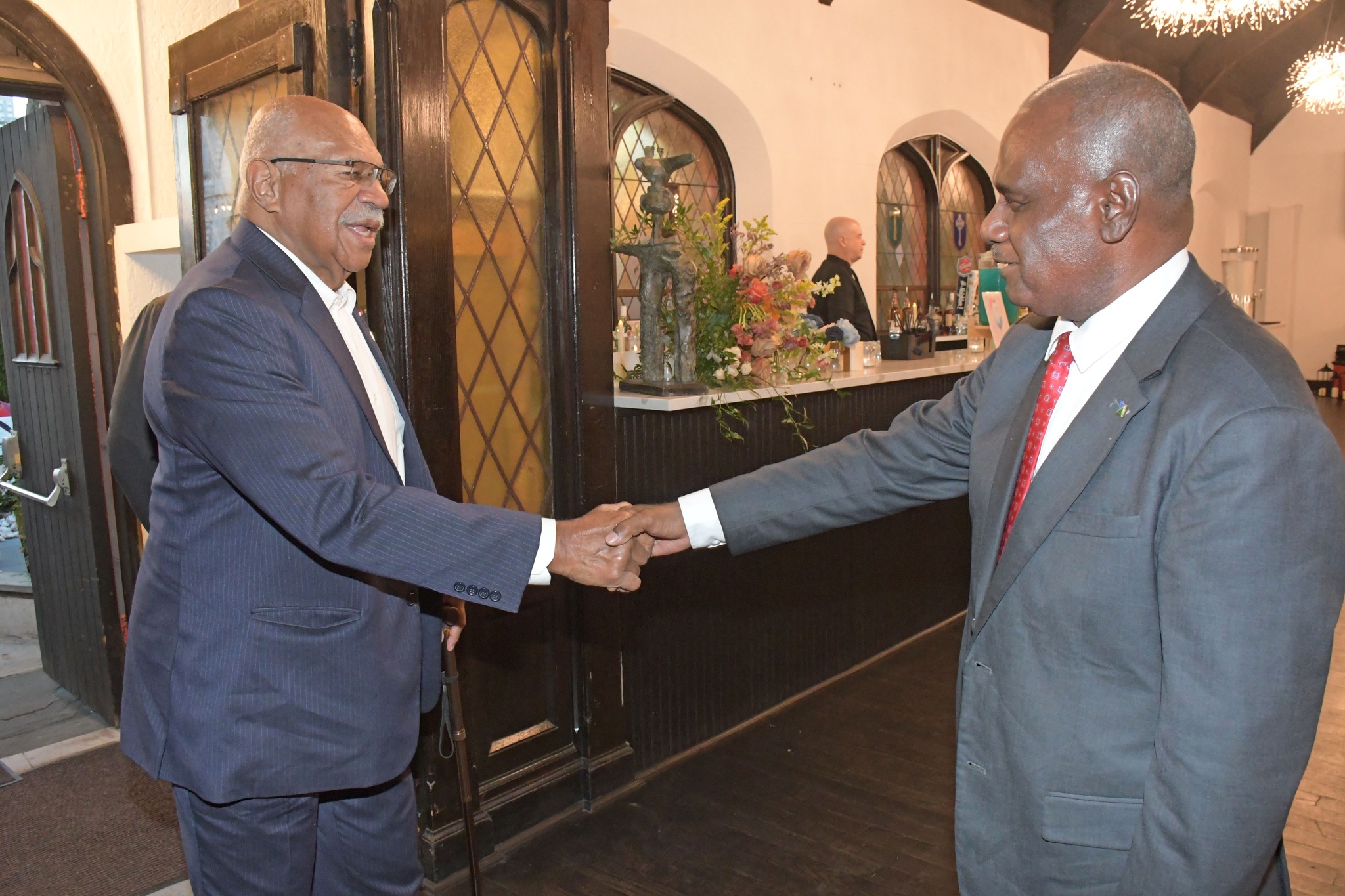BY NED GAGAHE
A young voice from Malaita has raised serious alarm at the United Nations, warning that indigenous youth in the Solomon Islands are at risk of losing control over their land, culture, and economy by the year 2050.
Maverick Peter Seda, speaking at the Human Rights Council in Geneva this week, addressed the international community on behalf of indigenous youth and the Malaita Provincial Youth Council.
Seda, a recipient of the UN Voluntary Fund for Indigenous Peoples, said the future of young people in Malaita is increasingly under threat due to growing environmental and economic pressures.
“For us, land and ocean are not just resources. They are our identity, our way of life, and the foundation of how we govern ourselves,” Seda said.
He stressed that traditional practices such as storytelling, hunting, cooking, and customary justice are not only cultural expressions but also tools for conflict resolution and leadership.
Seda said Malaita, which holds the largest ocean territory in the Solomon Islands, is facing an increase in seabed mining activity and illegal fishing.
He highlighted that these environmental threats are eroding both biodiversity and cultural survival.
“These are not just environmental issues. They are human rights issues. If our oceans are destroyed, so is our culture,” he said.
Seda warns of increasing economic marginalization of indigenous youth, as foreign investors gain dominance over local industries.
“If this trend continues, by 2050, indigenous youth may no longer have any control over their economic future,” he told the council.
He calls on international leaders to recognize the direct link between economic displacement and cultural erosion.
In response, Seda highlighted two grassroots initiatives from Malaita that are giving youth a voice and helping to protect traditional knowledge.
The Malaitolo Programme – A school-based programme that integrates traditional land and ecological knowledge into the high school curriculum.
The Tea-Room Project – A community hub that provides space for indigenous youth to access traditional knowledge and engage in open dialogue on leadership, culture, and civic responsibility.
Seda said these projects show how indigenous communities are building their own solutions—efforts that deserve support.
In his closing remarks, he aligned Malaita’s struggle with those of other Pacific indigenous communities facing similar challenges.
“The future of our region depends on how we protect our youth, our culture, and our land today. We call on the world to support indigenous-led solutions, not just foreign interests,” he said.
For feedback, contact:[email protected]





